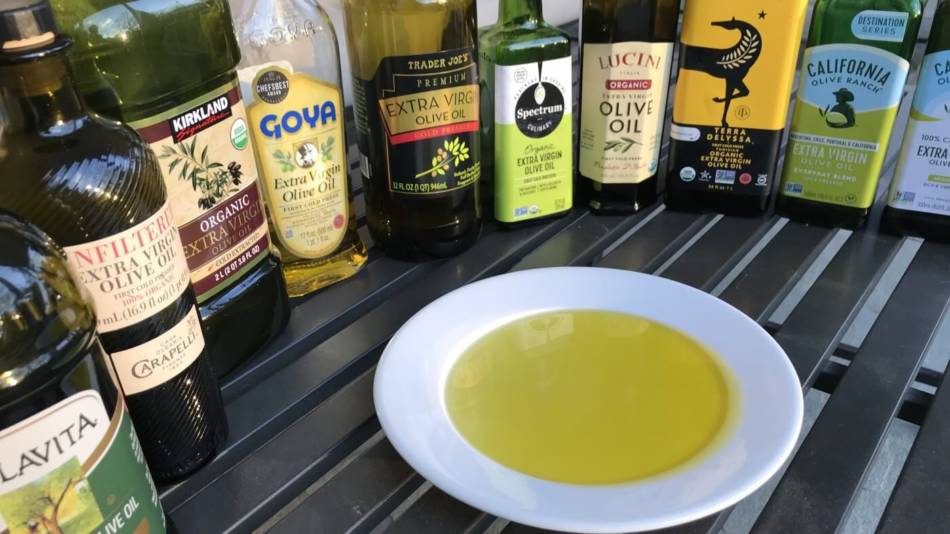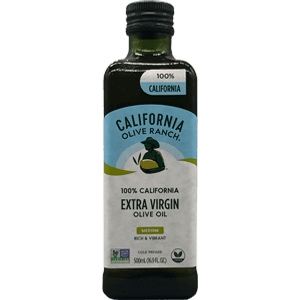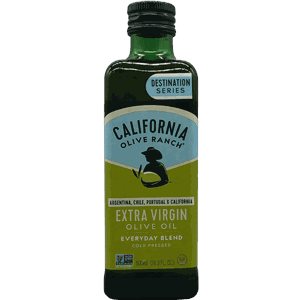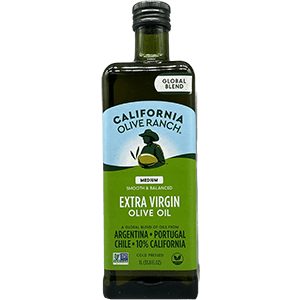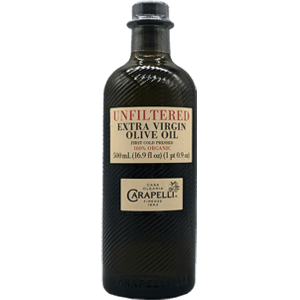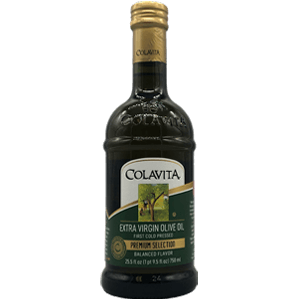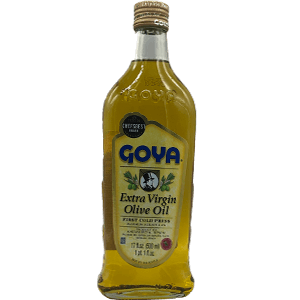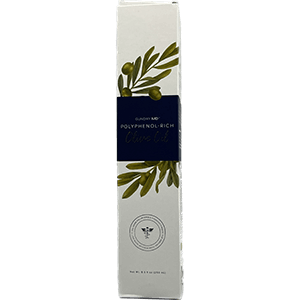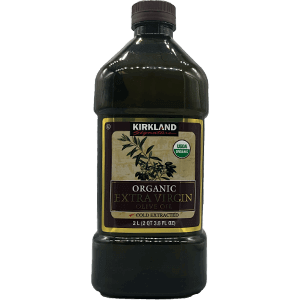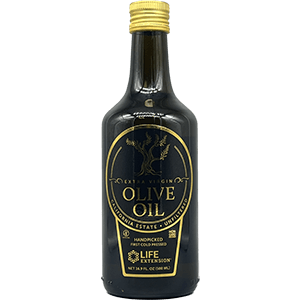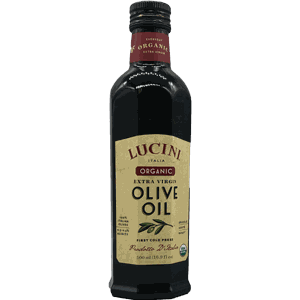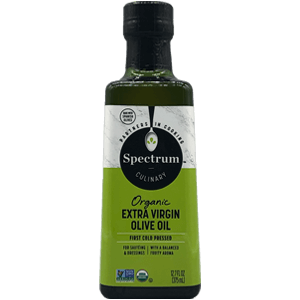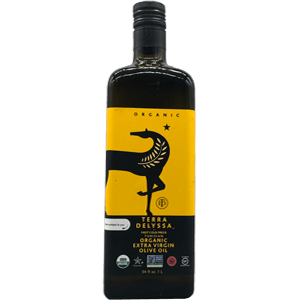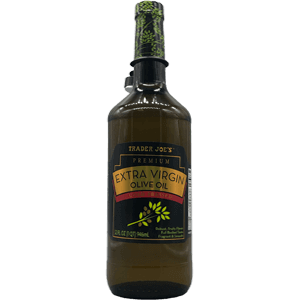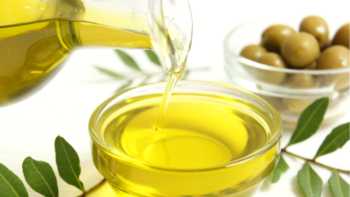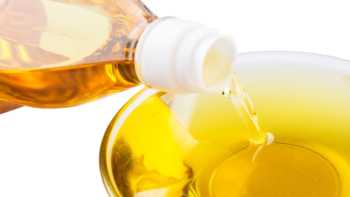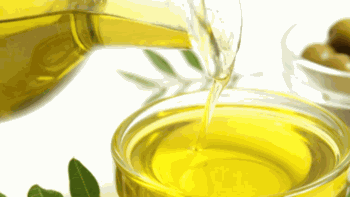Summary
-
What does extra virgin olive oil do?
In addition to a pleasurable, pungent taste, extra virgin olive oil has potential health benefits including reduced risk of coronary heart disease, reduced risk of breast and colorectal cancers, and improved blood sugar control (see What It Does). Some of these benefits are associated with higher amounts of polyphenols in extra virgin olive oils, as well as higher concentrations of oleic acid. (Note: Olive leaf extracts contain even higher concentrations of polyphenols than olive oil.) -
How much olive oil should I take?
Health benefits with extra virgin olive oil have been associated with intakes of about 2 to 4 tablespoons per day -- particularly when this replaces saturated fats (see What It Does). Which are the best and worst extra virgin olive oils?
Although all 13 of the popular olive oils selected for review by ConsumerLab.com passed chemical testing, analysis of flavor and aroma by an expert olive oil taster raised questions about the quality of nine products — grading them as not extra virgin, and some even as "lampante," meaning unfit for human consumption What CL Found.
Among those considered "extra virgin," CL selected three as its Top Picks -- one that is mild, one with high polyphenols, and one with very high polyphenols. Use the Results table to compare the test results (including polyphenol levels, which ranged from 149 mg/kg to 654 mg/kg), in addition to taste descriptions, prices, and other features of products.-
How to buy, use, and store olive oil?
Buy olive oil in a dark-colored glass bottle to protect it from light (and/or store it in a dark cabinet), and don't worry about the color of the oil — it's not a reliable indicator of quality or flavor. If cooking with olive oil, limit use to later stages of cooking, keeping heating time to a minimum (see ConsumerTips). -
Safety and side effects of olive oil
Olive oil is generally safe and well-tolerated, but it may interact with certain medications (see Concerns and Cautions).

